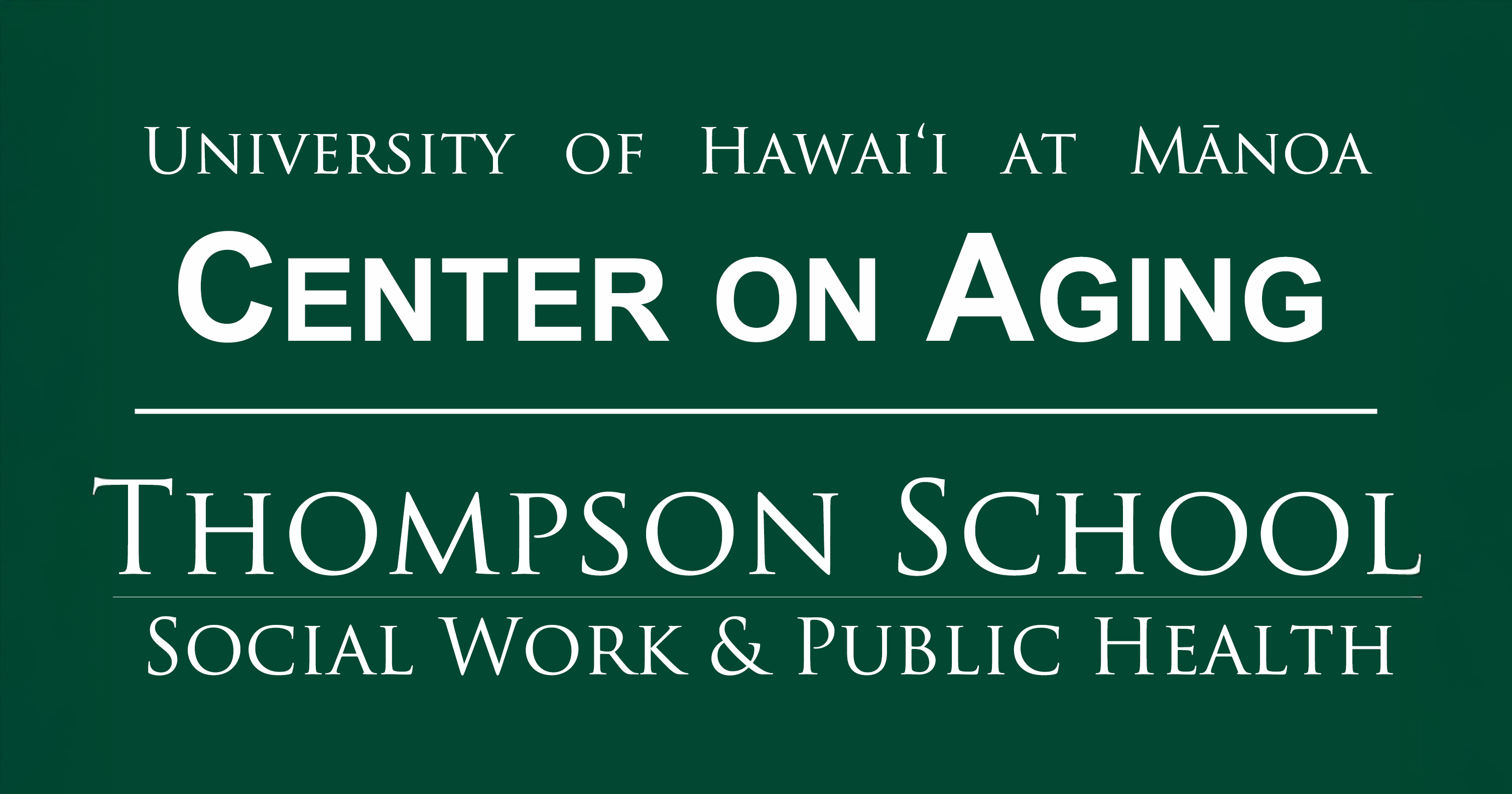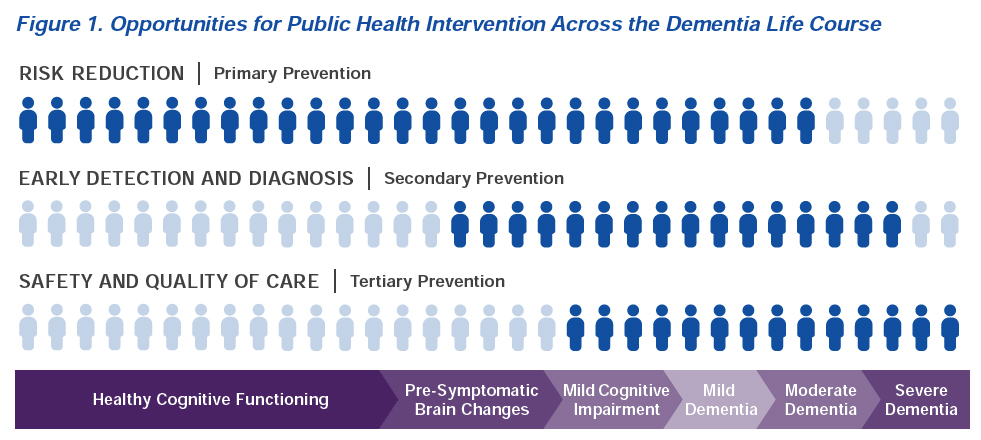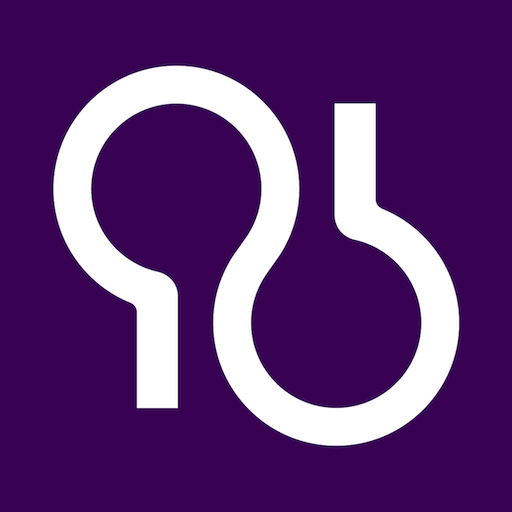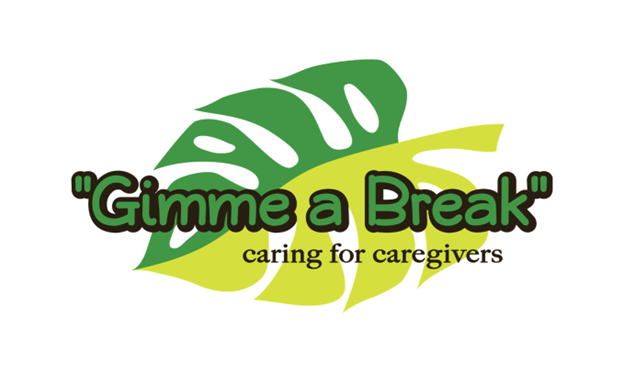Welcome to the Alzheimer’s Association Education Center. The Association offers a number of Alzheimer’s and dementia programs available online, 24 hours a day. Please click on a program title below for more information, or use the search folders to find the right program for you.
Topics: 10 Warning Signs of Alzheimer’s; Understanding Alzheimer’s and Dementia; Approaching Alzheimer’s: First Responder Training; Dementia Conversations: Driving, Doctor Visits, Legal & Financial Planning; Effective Communication Strategies; Healthy Living for Your Brain and Body: Tips from the Latest Research; Legal and Financial Planning for Alzheimer’s Disease; Living with Alzheimer’s: For People with Alzheimer’s; Living with Alzheimer’s: For Caregivers – Early Stage; Living with Alzheimer’s: For Caregivers – Middle Stage; Living with Alzheimer’s: For Caregivers – Late Stage; Living with Alzheimer’s: For Younger-Onset Alzheimer’s; Understanding and Responding to Dementia-Related Behavior.





